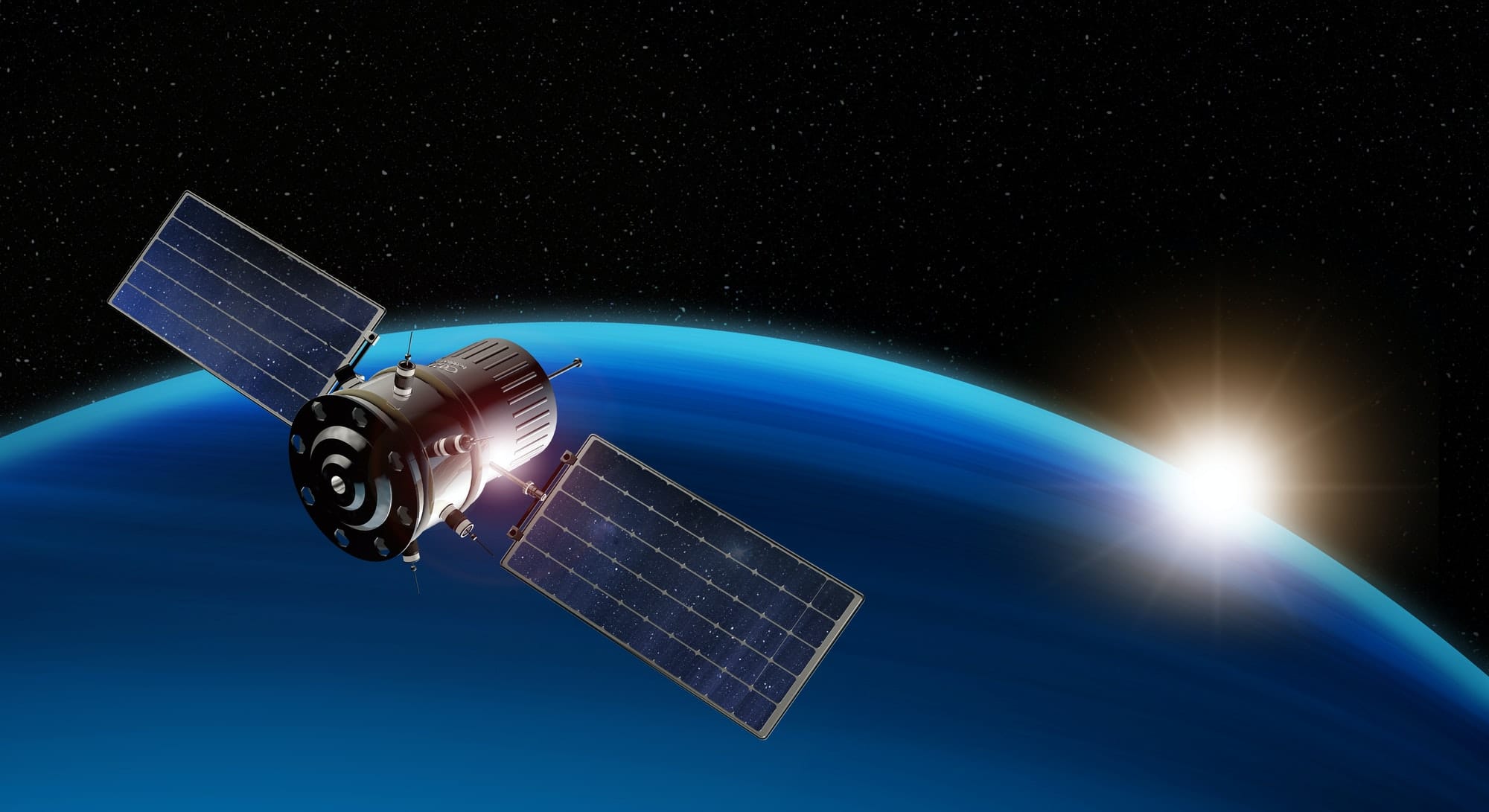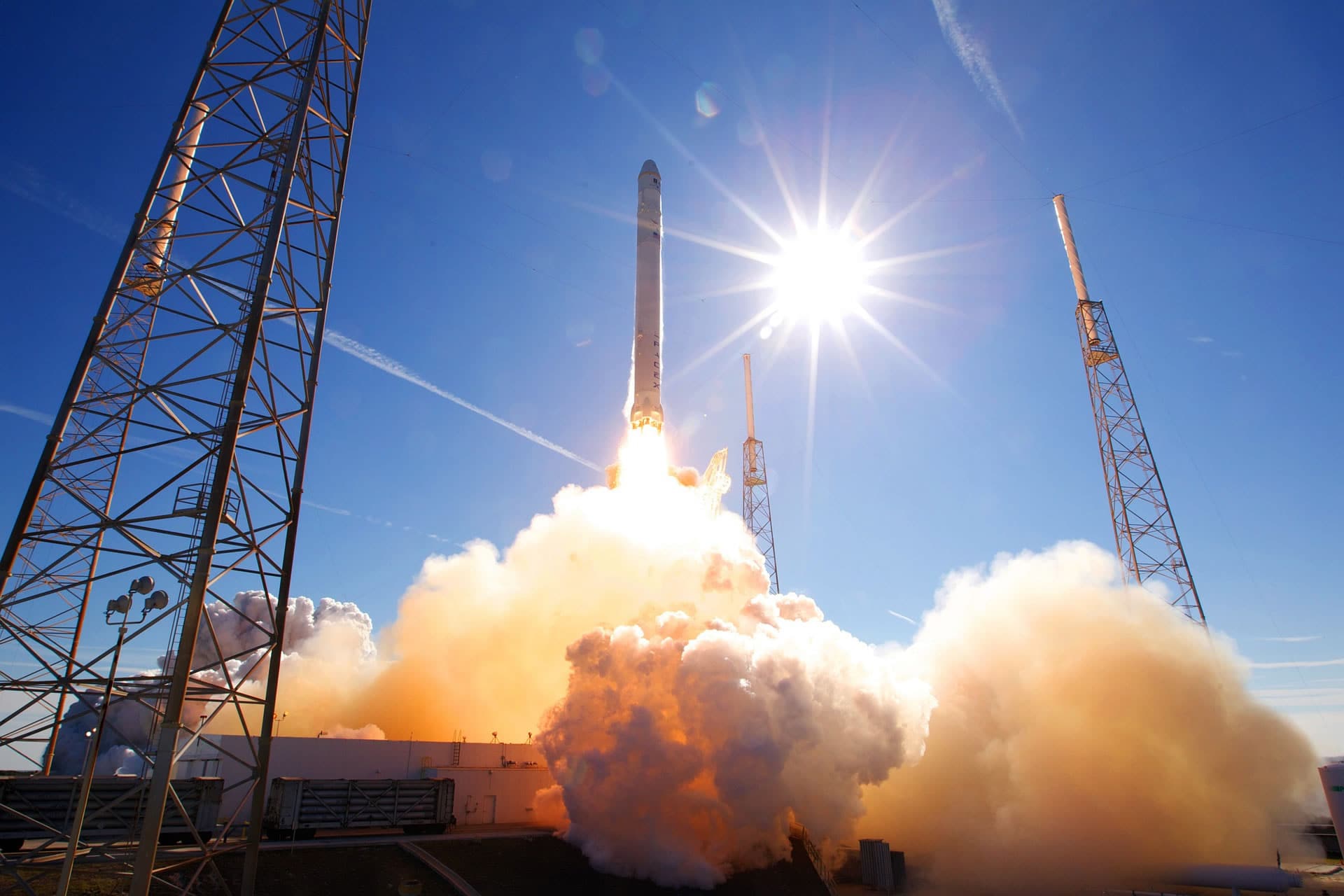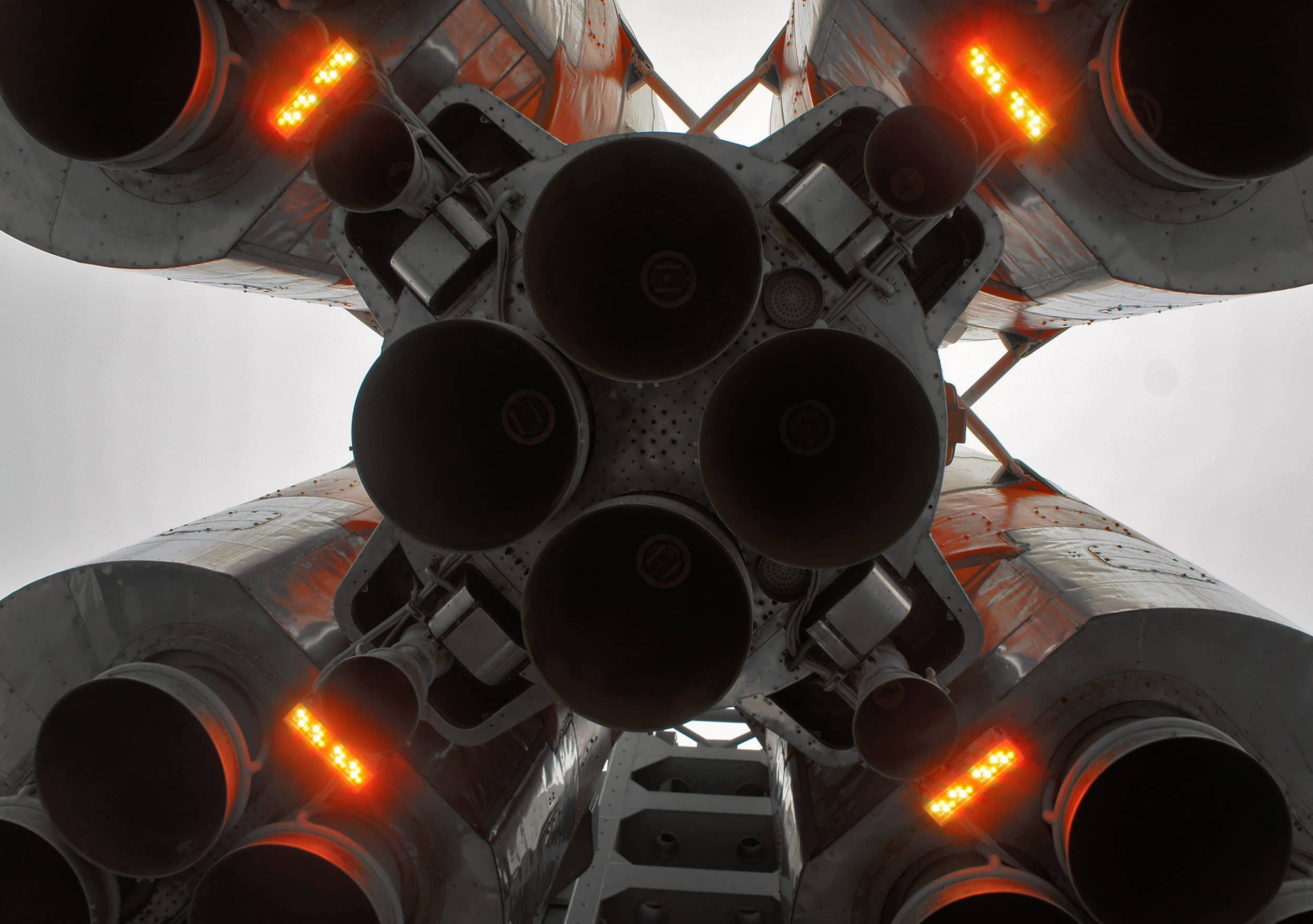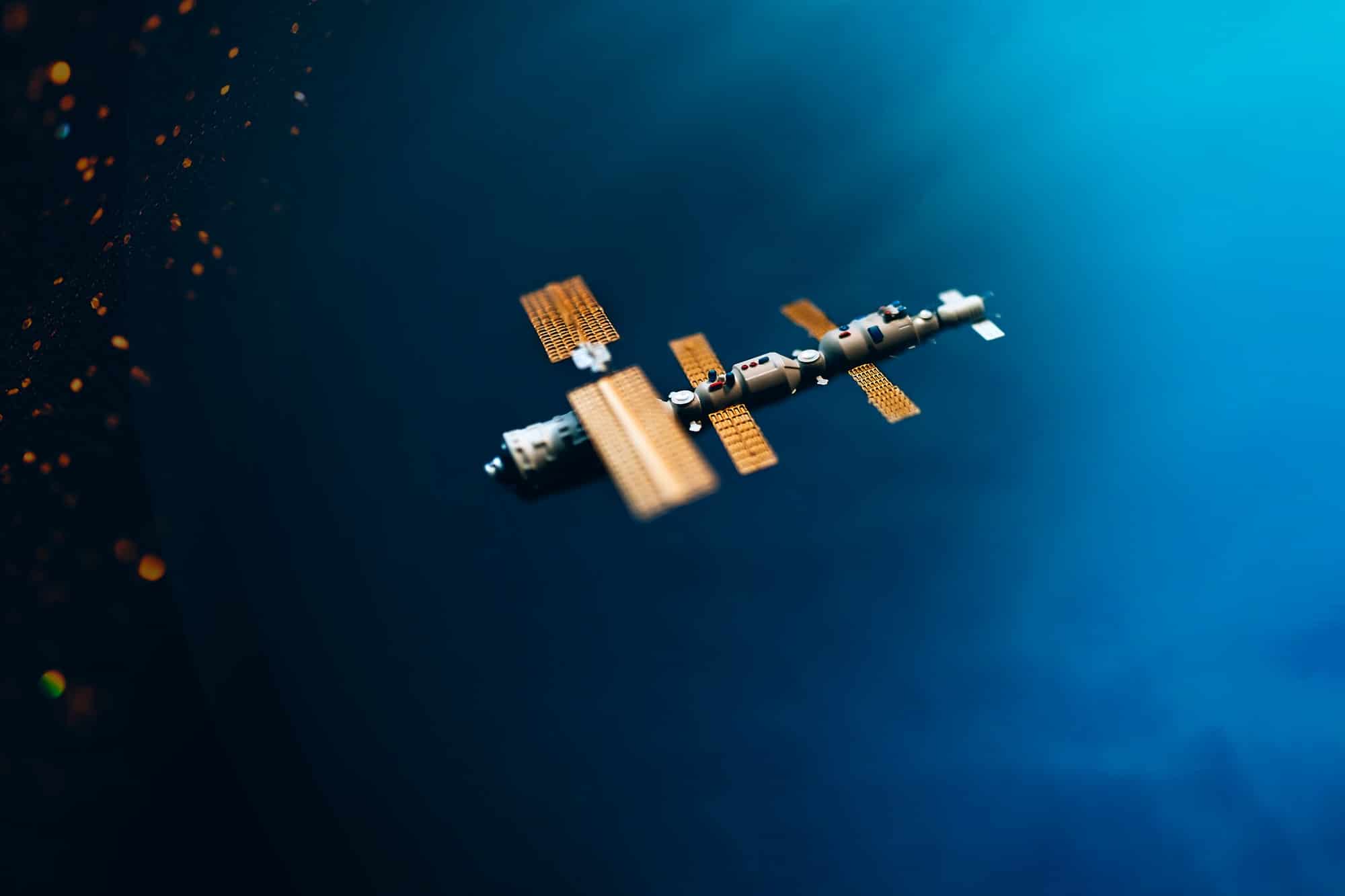Satellite launchers can create Portugal's new positioning in the world
new opportunities are positioning and valuing Portugal in the context of the European aerospace industry, highlights the Minister of Science, Technology and Higher Education, stressing the importance of this commitment to the social and economic development of the country.
Manuel Heitor, Minister of Science, talks about the commitment to the development of the aerospace industry in Portugal. It points to the national scientific and technological capacity and the competencies in the area of systems integration as an example of the added value that the country offers for earth observation, through the integration of space technologies with local information in the Oceans and on Earth. In addition, the possibility of creating a port for the launch of small satellites on Santa Maria Island emerges as a great opportunity for Europe and the country.
What is the importance of space exploration for social and economic development?
The Space and the development of technologies associated with or derived from it are now recognized as a national design by several nations, representing an imperative for the promotion of a country’s social and economic progress and for international security.
The safety and well-being of society is increasingly dependent on information and services provided from space, and it should be noted that skills acquired between this sector and others such as agriculture, fisheries, infrastructure monitoring, urban development, defence and security and even public health and epidemic monitoring should be noted, among others.
We associate space with the idea of conquering something greater. Is it a source of inspiration?
Space must be seen as a public good, to be associated with our collective institutions and ambitions, and it is critical to continue to democratize access.
It is in this context that space technologies are indispensable for the future of humanity, requiring continued investment in education and culture for Space, attracting more and more future generations of scientists, engineers and entrepreneurs and leading the general population to be interested in disciplines in the fields of science, technology, engineering and mathematics. As well as promoting the Space for education and culture, stimulating the dissemination of educational, scientific and cultural content to populations in remote areas and with difficult forms of interconnection.
Space technologies can thus be an instrument through which, desirably, it is possible to empower the World for Peace.
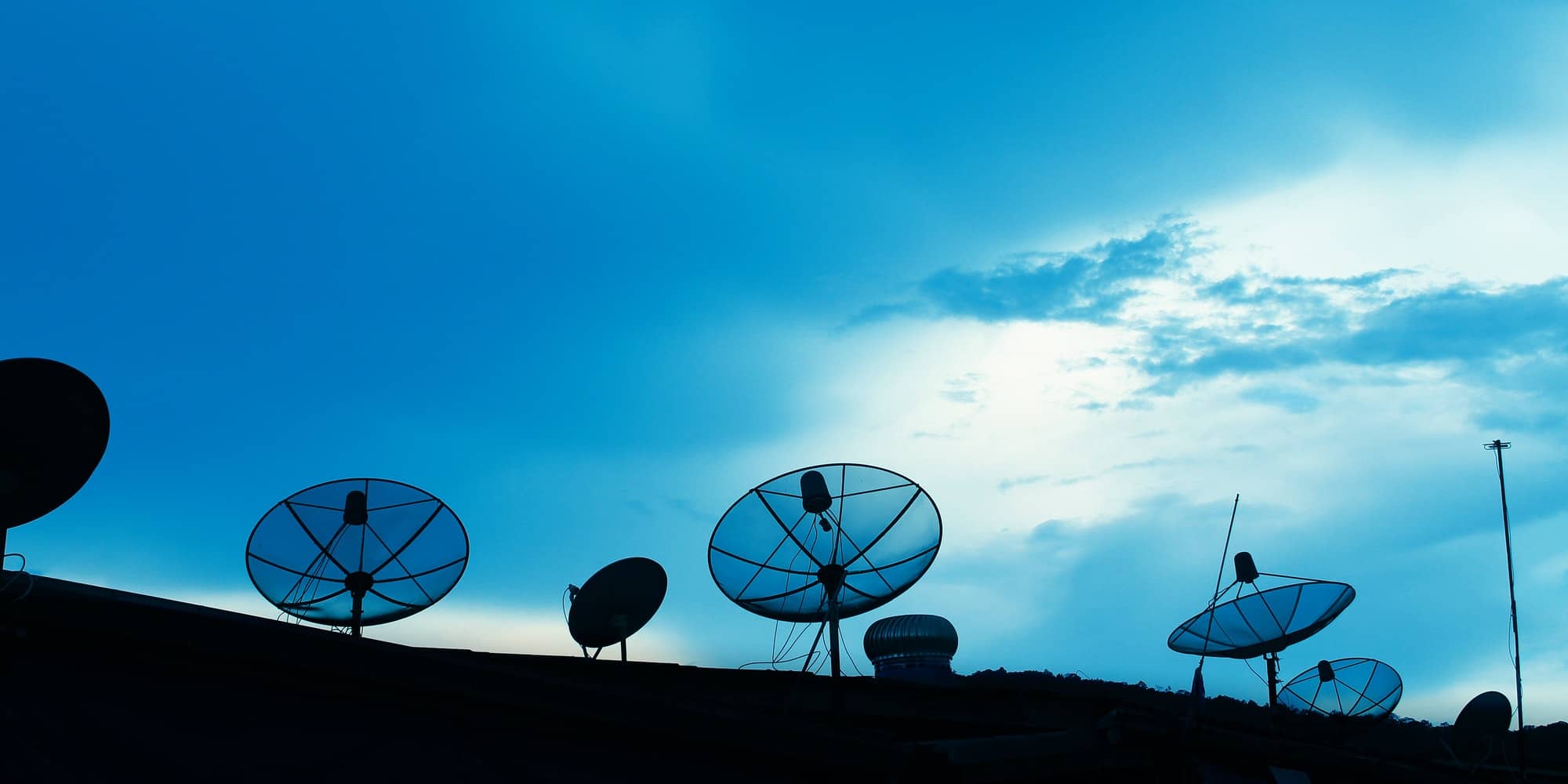
Portugal has the challenge of installing a new generation of environmentally sustainable satellite launchers.
Has the country been following the evolution of space technology?
It is essential to continue to support the growth of the space sector. Twenty years after the european space agency (ESA), Portugal is now considered a success story for rapid adaptation and integration into space programmes. The OECD’s analysis of Portugal’s return on investment in ESA points to a multiplier effect between 4 and 5 of public funding of R&D activities.
This evolution is the result of the efforts of scientific institutions and companies to develop skills and competences in various areas, including telecommunications, cyber systems, augmented reality, Earth observation, navigation systems, space exploration and launcher technology, among many other subdomains.
What efforts are being made to stimulate the Portuguese space industry?
I underline the “Portugal Space 2030” strategy, approved by the Government in February 2018 with the ambition of multiplying by ten the volume of activities and billing in Portugal in the area of Space, naturally within and in conjunction with the “Innovation Strategy for Portugal 2018-2030”, which has the ambition to converge effectively for Europe by 2030 and achieve a level of investment in R&D of 3% of GDP, creating about 25,000 skilled jobs in the period.
The need to stimulate new markets, public and private, in Portugal, implies developing pilot projects of international relevance and a demonstration context in diverse sectors, including agriculture, fisheries, monitoring of large infrastructure, urban development, defence and security.

SAGRES SMART
Artificial Intelligence for space-based deep-sea geological prospecting
ISQ is developing the SAGRES project, based on remote sensing services and big data analytics, which collects information from earth observation satellites of the European Space Agency (ESA).
It is a digital service on the web, based on a decision support platform, that combines Earth observation data from various sources, including satellites, with artificial intelligence / Machine Learning to improve prospecting and exploration with benefits for the offshore mining industry.
How is this strategy being implemented?
The implementation of the “Portugal Space 2030” strategy includes three complementary instruments: a new legal regime, through the “Space Law” approved in 2018; the creation of a space agency, “Portugal Space”, installed in March 2019; and the continued and ongoing development of a strategy to attract foreign direct investment.
In particular, the “New Space Industries” sector considers a new wave of actors and business models in the space sector internationally, characterized by the ability to attract private financing, in view of predominantly commercial markets and requiring communication and information systems based on micro and nanosatellite mega-constellations.
What opportunities are open for the country?
“New Space” opens up new opportunities for Portugal, as well as other medium and small countries, namely data production and use, based on specific technology platforms dedicated to earth observation for social and economic activities and the level of data generation and infrastructure.
It includes the need and challenge of the development and production of satellites, mainly micro and nano-satellites, and the development of mega-constellations, with developments expected to democratize access to low-altitude orbits synchronized with the sun.
The Azores have distinguished itself as a place of excellence for the installation of observatories. Will new projects emerge?
The development and promotion of the “Atlantic Interactions”
agenda and the Atlantic International Research Center includes the installation of an
Earth observation center on Terceira Island, in conjunction with ESA.
I also recall the launch of the program “Azores Intenational Satellite Launch Programme – Azores ISLP” and the procedures for the installation and operation of a space infrastructure for the launch of mini and micro satellites in the Autonomous Region of the Azores.
Its location on European Union territory in the Schengen Area, as close to Continental Europe as the American continent and with extensive ocean coverage of more than 1500 km in any direction, provides absolutely unique advantages, especially through the ongoing strengthening of satellite monitoring infrastructures (i.e., antennas) and, above all, the installation of new satellite launch services, including the potential for the installation of a space port.
Can we have satellite launches in the archipelago?
The challenge necessarily involves stimulating a new generation of launchers in terms of safety and environmental impact, as well as ensuring the unprecedented worldwide installation of a space port open to all international actors and operators. In other words, the installation of a new generation of environmentally sustainable and safe satellite launcher services, open to the world, can create a new positioning of Portugal in the world.
The growing international competition in this context has emerged in an accelerated manner, particularly through the United Kingdom and nordic countries, demanding a new strategy in the process of valuing the Atlantic positioning of Portugal and the effective opportunities that the Azores present in this area. It facilitates, in particular, the installation of observation and measurement infrastructure on a spectrum that cannot be achieved or replicable in any other country, which represents an effective comparative advantage.
Can Portugal gain a prominent role on the space exploration map?
It is important to continue the promotion of Portugal in the world, with the strengthening of international partnerships through
the Program “Go Portugal – Global Science and Technology Partnerships Portugal”.
The national prestige already achieved requires that Portugal, in the near future, position itself as a true nation and knowledge society, innovative, with the ability to take on the new challenges at the frontiers of the production and dissemination of knowledge, with space having an absolutely grounded role in this area.
This is, moreover, imperative for a country that seeks to assert itself on the international stage by science and innovation.
Can space be the lever for the country’s technological development?
The national agenda “Portugal Space 2030” mobilizes various sectors of society for space, valued as a public good, enhancing new opportunities for institutional, industrial and international cooperation and contributes to the development of innovative and competitive technologies in the international market.
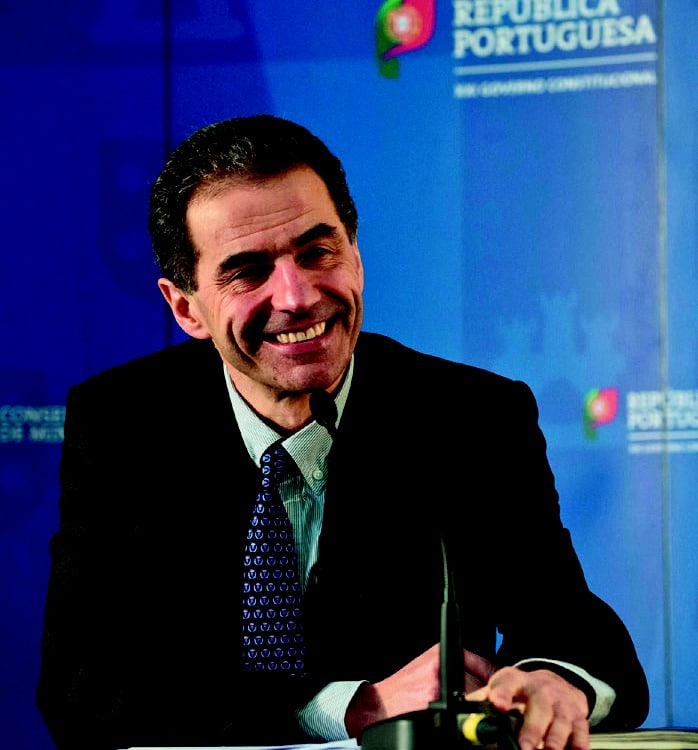
MANUEL HEITOR
With a solid academic career, the current Minister of Science, Technology and Higher Education took on political duties after cementing his place in the academy.
He was State Secretary of Science, Technology and Higher Education of the XVII and XVIII Governments between March 2005 and June 2011, when he committed himself to increasing public and private funding for science and technology activities and in the reform and modernization of higher education. In this first government experience, his action aimed to attract to Portugal international consortia in research and advanced training, involving Portuguese and North American universities.
But it was in academia that Manuel Heitor, born in Lisbon in 1958, began by showing his aptitude for science. University professor of career, he is a professor at the Instituto Superior Técnico, in Lisbon. He completed his phD degree with a PhD at Imperial College London in the field of Mechanical Engineering (Experimental Combustion) in 1985 and a post-doctorate at the University of California, San Diego, the following year. Returning to Portugal, he joined the Instituto Superior Técnico in Lisbon, where he began by doing research in the area of Fluid Mechanics and Experimental Combustion.
Founder of an internationally distinguished center for technology management studies, Manuel Heitor is a Research Fellow at the University of Texas at Austin, USA. Recently, he has been involved in the promotion of the European network “step4EU, science, technology, education and policy for Europe”, as well as in the establishment of the International Observatory for Global Policies for the Exploration of the Atlantic, OIPG.

Manuel Heitor
Manuel Heitor was Portugal's Minister of Science, Technology and Higher Education from 2015 until March 2022. PhD in Mechanical Engineering from Imperial College London, and post-doctoral at the University of California, San Diego. From March 2005 to June 2011, served as the Secretary of State for Science, Technology and Higher Education. He is a professor at Instituto Superior Técnico, coordinating the doctoral programs in the areas of «Engineering and Public Policy» and “Design Engineering and Advanced Manufacturing Systems”. Formerly was Deputy President of Instituto Superior Técnico between 1993 and 1998, and Visiting Professor at Harvard University in the 2011-2012 academic year. He is a Research Fellow at the University of Texas at Austin, at the IC2 Institute, Innovation, Creativity and Capital .
+ insight
contribute
As a project initiated by ISQ, insight is open to contributions from everyone who wants to participate and who can bring their vision, scientific studies and reasoned opinion to enrich the themes and the debate.
If your activity is linked to research or the analysis and implementation of measures in the topics discussed here, please contact us using the form attached.


